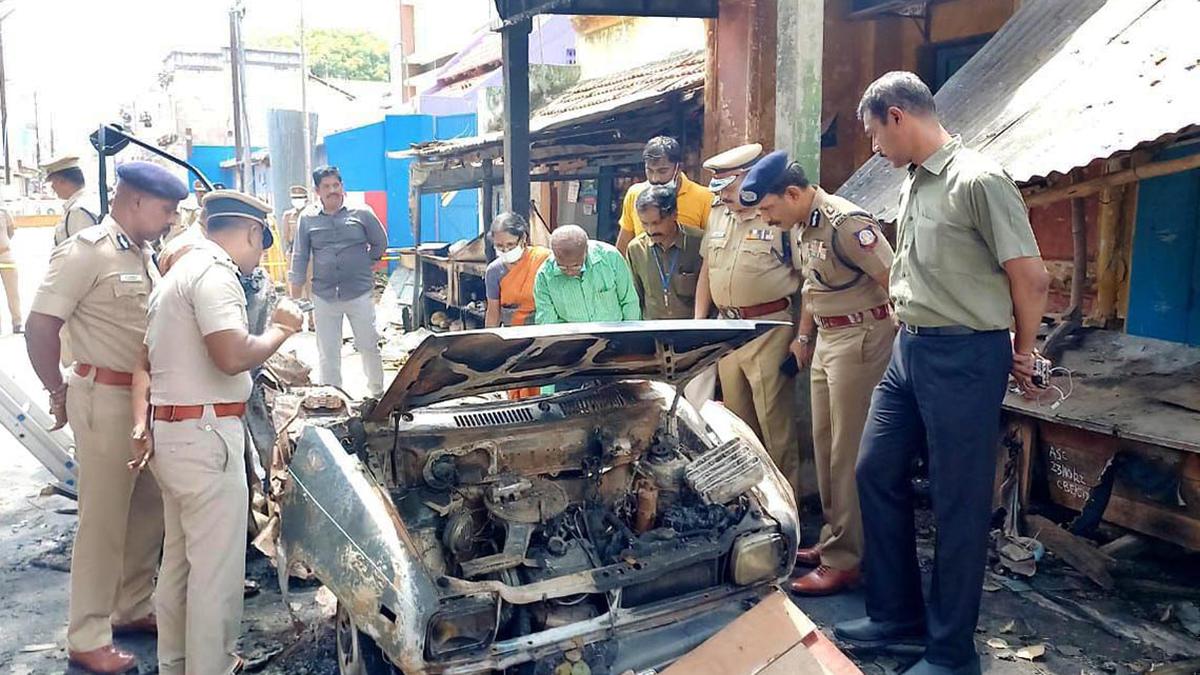‘The police only intervene a court issues a direction or passes an eviction order’
‘The police only intervene a court issues a direction or passes an eviction order’
Even as a helpless couple finally moved back to their flat in Greater Noida, nearly a week after squatting outside on the stairs as their tenant refused to vacate the house, Delhi Police officers said such matters are commonly reported across the Capital and the tussle is primarily a civil matter.
A DCP-rank officer of Delhi Police told The Hindu that a police team is deployed only after a law and order situation arises or there is a breach of peace. “The police can take suo motu cognisance of the matter only when a scuffle ensues between either of the parties over the issue and one of them approaches the police. However adjudicating a breach of the rent agreement falls under the purview of the civil court,” the officer added.
A senior officer said once such a matter is reported, the landlord is first asked to approach a civil court as the police “don’t play a primary role in such disputes”. “The police only intervene once a direction is issued by a court or an eviction order is passed by the Judge,” he added.
No immediate relief
Advocate A.K. Pathak, who has handled several civil matters over the years, said in some instances, such civil matters take at least two years to settle with no immediate relief granted to the landlord.
“Once the case is taken to court, proceedings are initiated under the Transfer of Property Act and both the parties are summoned. The entire case takes several months to reach a logical conclusion until which the court grants no immediate relief to the landlord in terms of monetary assistance or accommodation,” Mr. Pathak said.
Explaining the procedure thereafter, the senior officer said once a court order is passed in favour of the landlord, a case file is opened under Sections 150 and 151 of CrPC, which allows the police to use preventive action against the tenant if he or she manhandles the officer designated to carry out the eviction.
“The court appoints a bailiff — an officer of the court or a police officer — who is designated the responsibility of evicting the tenant from the said house,” he added.




